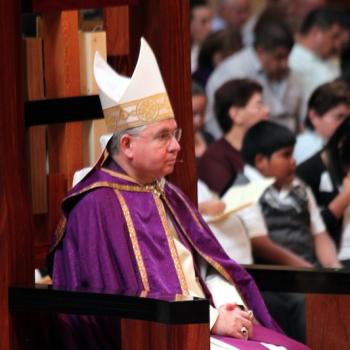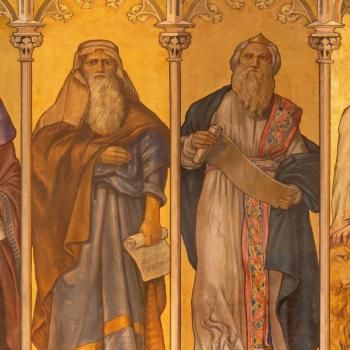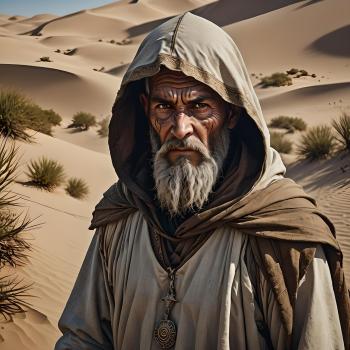Last weekend at the Smithsonian's National Museum of American History, an exhibition opened entitled "Slavery at Jefferson's Monticello: Paradox of Liberty." At the front of the exhibition hall stands a life-size statue of Jefferson, backed by a panel listing the known names of about 600 slaves who worked for Jefferson during his life. The display has renewed the moral dilemma of slavery's role in our national history.
Is slavery America's original sin? Or is the Smithsonian dredging up a topic best left alone? Some critics, including a number of evangelical Christians, would seemingly prefer that we let this issue slumber. One proponent of this view in Tennessee reportedly said last year that he wanted to eliminate from the state's textbooks any "made-up criticism about . . . the founders intruding on the Indians or having slaves or being hypocrites in one way or another."
Obviously, the notion of many Founders having slaves is not "made up." Jefferson, George Washington, Patrick Henry, and essentially all the major southern Founders owned slaves. Even Ben Franklin, who later spoke out against slavery, possessed a couple slaves for a time. But should we emphasize this fact? Does focusing on the paradox that the author of the Declaration of Independence was a slave owner somehow detract from his accomplishments?
I don't think so. After all, the slave-owning Founders, including Jefferson, talked openly about the moral problems of America's plantation labor system. With reference to slavery, Jefferson wrote in Notes on the State of Virginia that "I tremble for my country when I reflect that God is just; that his justice cannot sleep forever." Jefferson tried to excuse his failure to free his slaves; he feared that widespread emancipation could lead to the "extirpation" of the masters in a vicious race war. He was also up to his neck in debt. How could he afford to free his unpaid labor force?
As I show in my recent biography Patrick Henry: First Among Patriots, Patrick Henry was even more transparent about the injustice of his ownership of other human beings. "Is it not amazing," he asked, "that at a time, when the rights of humanity are defined and understood with precision, in a country above all others fond of liberty," that Americans still clung to slavery? Henry applied this criticism directly to himself: "Would any one believe that I am a master of slaves of my own purchase! I am drawn along by the general inconvenience of living without them, I will not, I cannot justify it."
Of course, in identifying the moral problem of slavery, we should not dismiss the Founders simply as worthless hypocrites. Doing so is what historians call "presentism," or evaluating people in the past by what we would expect of them today. In the Founding era, the moral critique of slavery was just beginning to emerge, driven primarily by white and black evangelical northerners. We must remember, humbly, that had we been born into a white southern slave owning family in 1776, we almost certainly would have died as a slave owner, too.
Our veneration for the Founders is deserved. In them we find, with apologies to Tom Brokaw, another "greatest generation," with political genius and courage that puts us to shame today. They created the world's longest-lasting constitutional republic. They articulated the dynamic principle that "all men are created equal," a belief that undergirded all of America's great moral reform movements, from abolitionism to civil rights.
Nevertheless, we are also obligated to recognize slave owning as an immoral practice that stained America's founding. The Founders were flawed people—as are we all. They were inspired political leaders, but not saints or apostles. Two and a half centuries of retrospection tends to put a people's moral failings in sharp relief. Should our nation endure, we might expect Americans of the twenty-third century to gawk at today's manifest moral failings as well.
The Founders' unwillingness to act decisively against slavery should make sense to American Christians, though. No matter how great a person's virtues, vice always lurks. Patrick Henry remains a hero to me, even as I know his failings. If our heroes have to be perfect, then our list of historic exemplars will become very short. But imperfect heroes are, in a way, more instructive than (supposedly) perfect ones: no matter how great they become, all mere mortals are tempted to indulge their blind spots and moral evasions.
2/1/2012 5:00:00 AM





